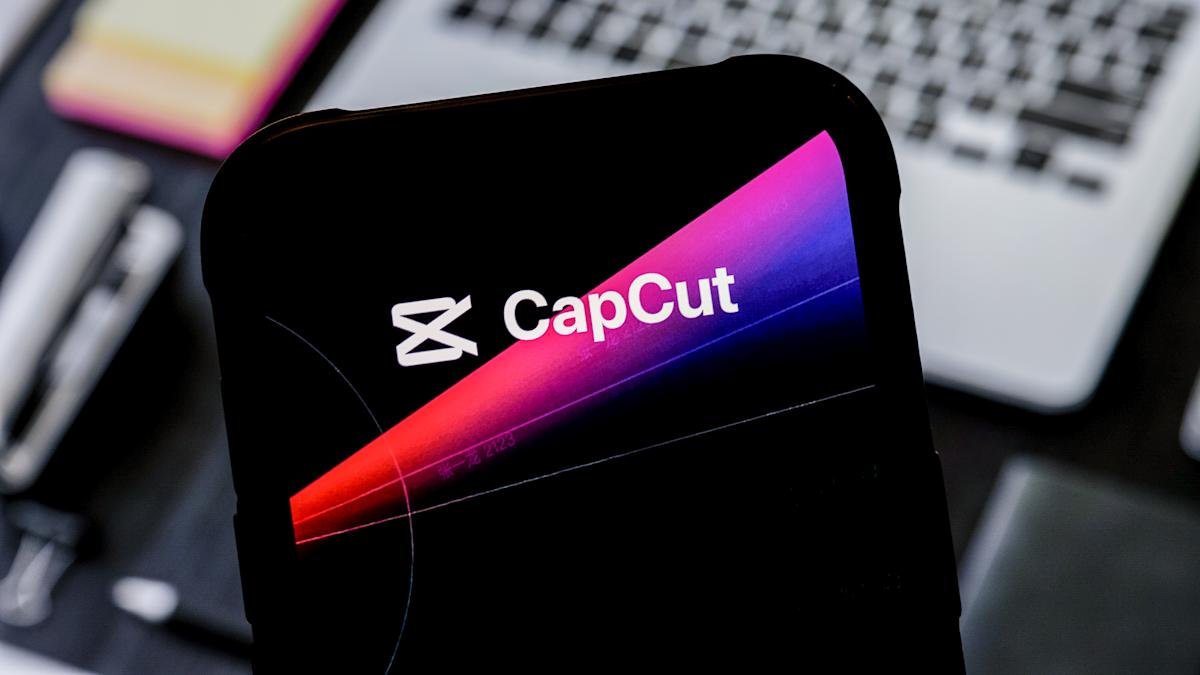Overview of CapCut and Its Ownership
CapCut is a versatile and user-friendly video editing application that has gained immense popularity since its launch. Designed to cater to a diverse user base, including amateur and professional content creators, CapCut offers a variety of editing tools, allowing users to create high-quality videos with ease. The application features a wide range of functionalities such as trimming, cutting, adding effects, and incorporating audio tracks, making it an attractive option for individuals aiming to enhance their video production capabilities.
CapCut is owned by ByteDance, a global technology company recognized for its innovative products, most notably TikTok. As the parent company of TikTok, ByteDance has successfully leveraged its expertise in technology and user engagement to enhance the appeal of CapCut, ensuring it aligns with the expectations of modern video content demands. Given the rapid growth of video consumption across social media platforms, CapCut has established itself as a go-to resource for creators seeking to produce visually appealing content that resonates with audiences worldwide.
The significance of understanding CapCut’s terms of service cannot be overstated, especially for those who rely on the platform to create content. These terms dictate how users can interact with the application, including issues related to copyright, content ownership, and data privacy. For content creators who depend on CapCut for their video production needs, familiarity with these terms is crucial as it impacts how they can use the app and the ownership rights concerning the videos they create. As CapCut continues to evolve under the ownership of ByteDance, staying informed about its policies and guidelines will help users navigate the platform effectively and protect their interests.
Details of the Updated Terms of Service
CapCut’s updated Terms of Service, effective June 12, 2025, introduce significant changes that warrant careful consideration. One of the most impactful alterations is the new licensing agreement instated by ByteDance, which effectively grants the company extensive rights over user-generated content. This modification raises significant questions regarding ownership and control, particularly as it applies to the vast array of creative materials produced by users of the platform.
Under the revised terms, content uploads will be subject to licensing agreements that are described as ‘irrevocable’ and ‘royalty-free’. The term ‘irrevocable’ suggests that once the user-uploaded content is shared, the rights transferred to ByteDance can never be reversed. This infers a permanent relinquishment of user control, which may affect how creators approach sharing their projects within the CapCut platform. Moreover, the notion of ‘royalty-free’ indicates that while creators may be entitled to share their work, they will not receive financial compensation for its use by ByteDance, including any potential commercialization.
The term ‘worldwide’ further amplifies the reach of this licensing agreement, suggesting that ByteDance can utilize user content in any geographic region without limitation. This can have implications for users who may have privacy concerns or who wish to keep their work confined to specific audiences. For instance, unpublished and private materials may also fall under this licensing scope, raising alarms about user expectations of confidentiality and control over their intellectual property.
As these changes take effect, users must carefully evaluate the implications of these updated terms, particularly in how they choose to engage with CapCut. Understanding the nature of the rights being granted may influence their decision to use the platform and share their creative works.
Concerns Over GDPR Compliance
The recent update to CapCut’s Terms of Service has raised significant apprehensions regarding the platform’s compliance with the General Data Protection Regulation (GDPR). The GDPR, enacted by the European Union, lays out stringent rules for data privacy and protects the rights of individuals concerning their personal data. As content creators increasingly leverage platforms like CapCut for their projects, the implications of such agreements become increasingly crucial.
One primary concern lies in how the updated terms might conflict with the core principles of GDPR, which requires transparency, user consent, and data protection. Critics argue that CapCut’s new terms may compromise these principles by potentially allowing the app to retain user data longer than necessary and without adequately informing users about their rights. The GDPR mandates that individuals should understand, at a glance, what data is collected, how it is utilized, and for which purposes. Such clarity seems to be increasingly obscured in many contemporary updates to user agreements, including that of CapCut.
Moreover, legal experts have emphasized the potential risks associated with non-compliance for the platform and users alike. Violation of GDPR can lead to severe penalties, not only for the company but also for individuals who might unknowingly place their data at risk. Additionally, data protection advocates have expressed concerns that content creators, who often rely on their audience’s trust, could inadvertently violate privacy laws through the app’s unclear data-sharing practices. This ripple effect emphasizes the necessity for greater scrutiny and dialogue between users and platforms regarding data rights, privacy, and accountability.
The Reaction from Users and Legal Experts
The recent update to CapCut’s terms of service has ignited significant debate among users and legal experts alike. Many content creators have expressed their concern over the implications of the new terms, particularly regarding user rights and the potential exploitation of their copyrighted works. As a popular video editing platform, CapCut has garnered a large following, making the feedback from its community particularly relevant. Creators are alarmed at the prospect of relinquishing control over their intellectual property, which they invest considerable time and effort in producing.
Legal experts have weighed in on the situation as well, highlighting the ambiguity present in the updated terms. They note that the language used can often lead to misinterpretation, leaving users vulnerable to potential legal ramifications. This ambiguity raises questions about the ownership of content created using the platform, especially when users may not fully understand the extent to which they may be granting CapCut rights to their works. Many legal professionals are advocating for greater clarity in app policies to ensure users are adequately informed about their rights and responsibilities.
The overarching sentiment from both the user community and legal professionals points to a demand for increased transparency. Users desire assurance that their creative output will be protected and that they won’t inadvertently compromise their intellectual property. As discussions continue to shape the conversation around CapCut’s terms of service, the call for more clearly defined regulations governing user content on digital platforms remains a central theme. This reaction indicates a larger trend within digital content creation, where users are becoming more aware of their rights and the importance of maintaining control over their creative works.




